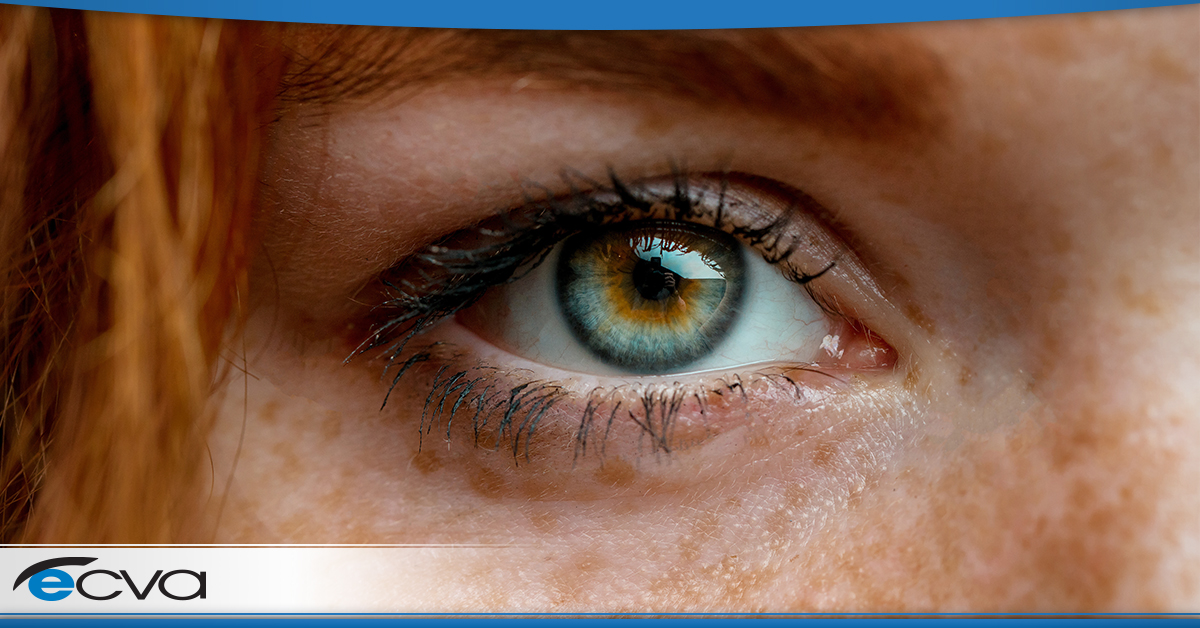Many parents are aware that limiting their children’s screen time is a good idea. However, most parents aren’t entirely sure where they should draw the line.
When it comes to screen time for kids, some common questions parents have include:
- How much screen use is too much for kids?
- How does too much screen time impact young children, including their eyes and attention spans?
- Should screen time vary depending on a child’s age?
- Is it safe for children to use screens?
If you’ve ever wondered about those questions, here’s what you need to know.
The Impact of Screen Use
Screen use has been associated with a variety of health concerns in children. Research suggests that it can lead to developmental delays, poor sleep quality, obesity, ADHD, and eye development issues.
When it comes to the eyes, myopia (nearsightedness) has become more common as screen time has increased throughout the population. Digital eye strain – which can lead to headaches, blurred vision, light sensitivity, and other symptoms – is also a concern. Since people tend to blink less when viewing screens, the occurrence of dry eye can rise with increased screen time, as well.
The blue light that comes from screens and hits the eyes can also harm sleep quality. While some of this can be mitigated by going screen-free one to two hours before bed, when blue light impacts sleep, children may begin to struggle in their daily lives. Their grades may decline, their ability to focus can be hindered, or they might become irritable.
Screen Use Recommendations
Generally, kids younger than one shouldn’t use screens at all. Until up to age 2, screen use should be minimal. Ideally, digital media shouldn’t be part of their experience at all. If there is screen use before age 2, it should involve only video chats and educational media and only for short durations.
Between the ages of 2 and five, limiting screen time to one hour per day is best. Ideally, you want to focus on high-quality, educational media, ensuring that hour provides value beyond entertainment.
After age 5, there isn’t necessarily a one-size-fits-all approach. Parents will need to take a child’s educational and social needs into account, allowing them to set healthy but personalized limits.
If you aren’t sure where to begin, banning device use during key moments can be a solid starting point. For example, not allowing screens during dinner or one to two hours before bed are reasonable limits. You can also set time-based limits and even install apps that prevent individual device use after that amount of time has passed.
Ultimately, your child’s health should be a guiding light in your screen time decisions. That way, you can set proper limits and reduce their odds of experiencing screen time’s negative effects.
Make an Appointment With a Pediatric Ophthalmologist
At ECVA, our staff works diligently to care for the eye health of our patients. If your child hasn’t had an eye exam recently, schedule an appointment at your closest ECVA clinic today.









